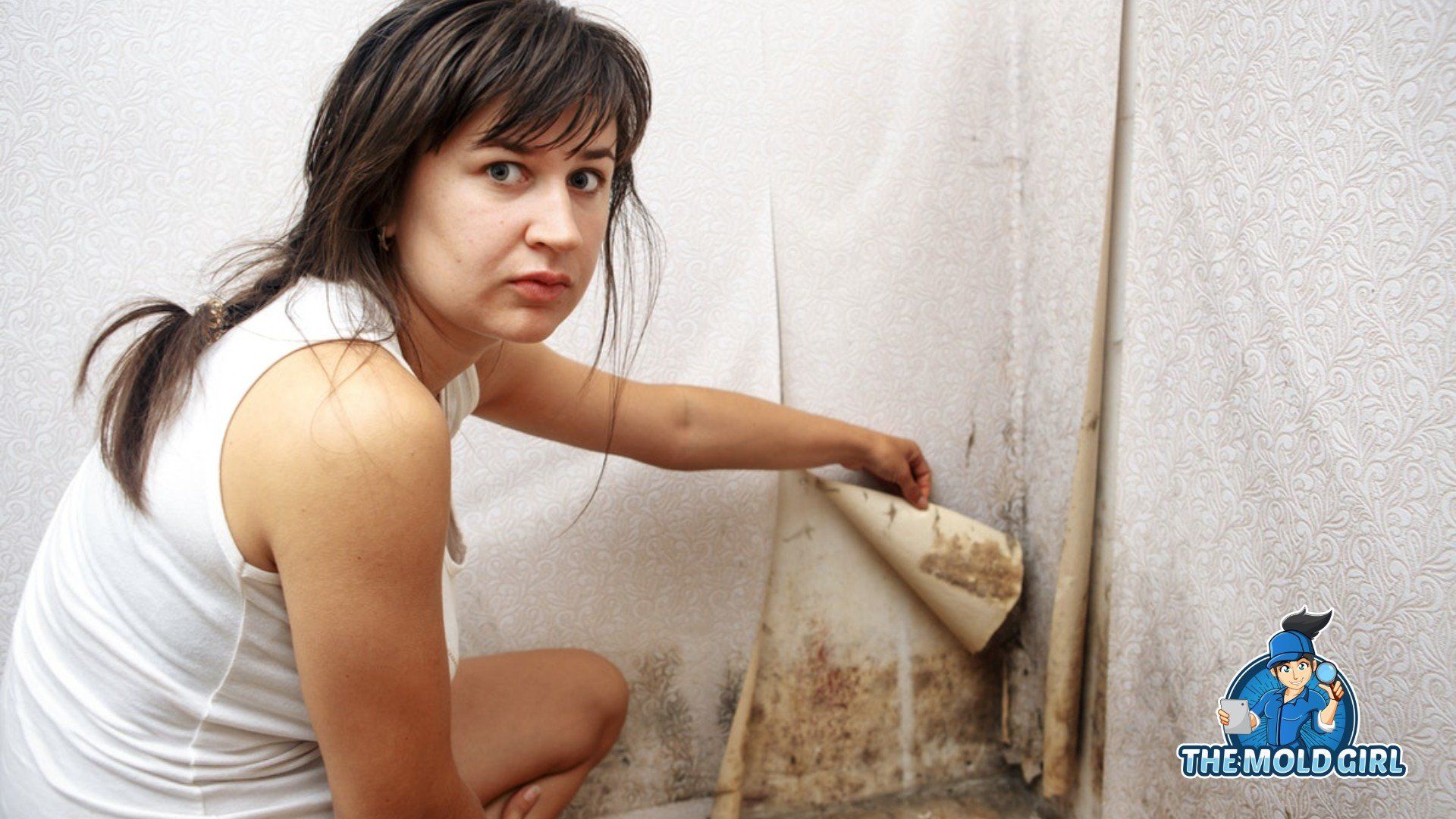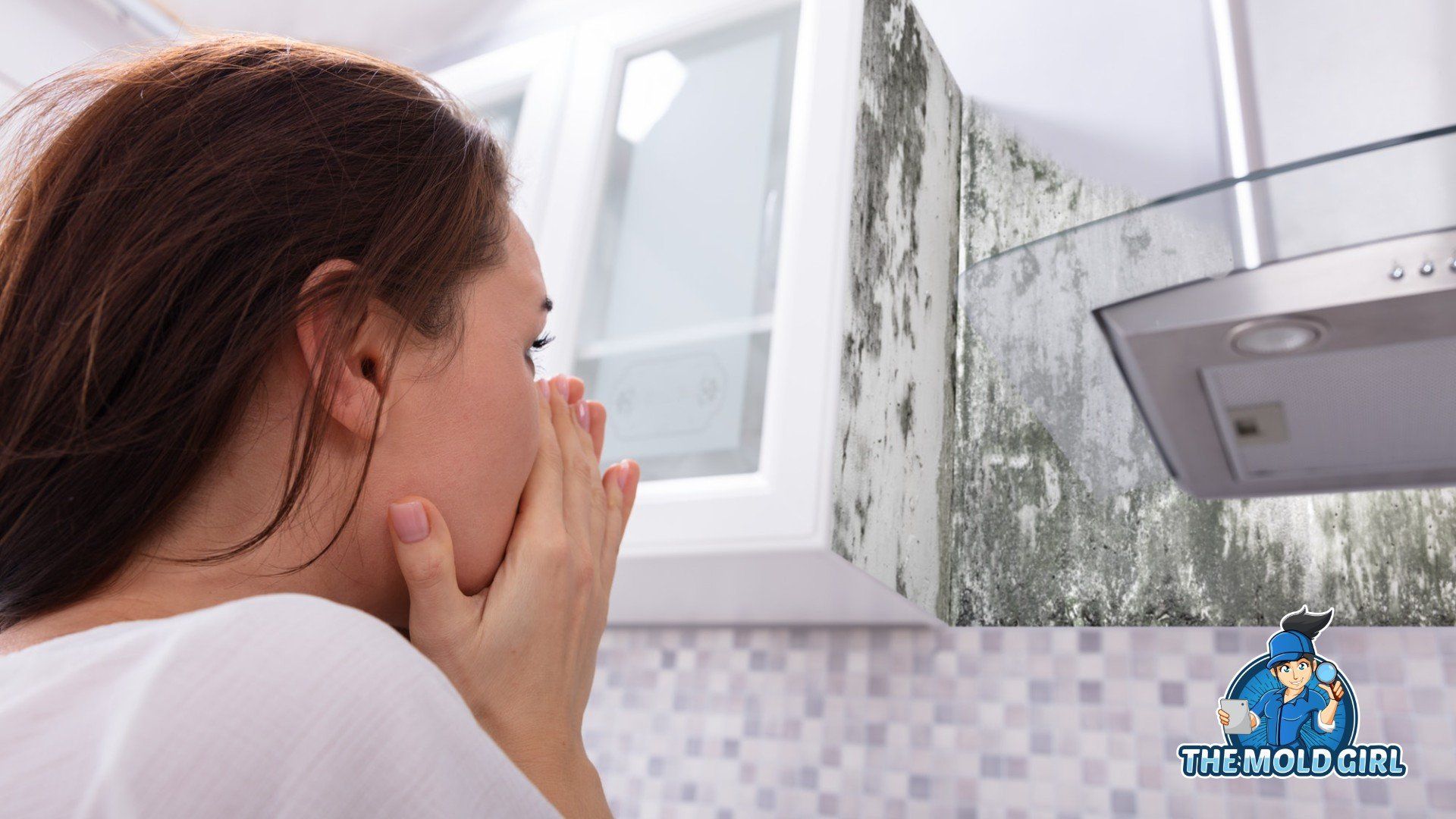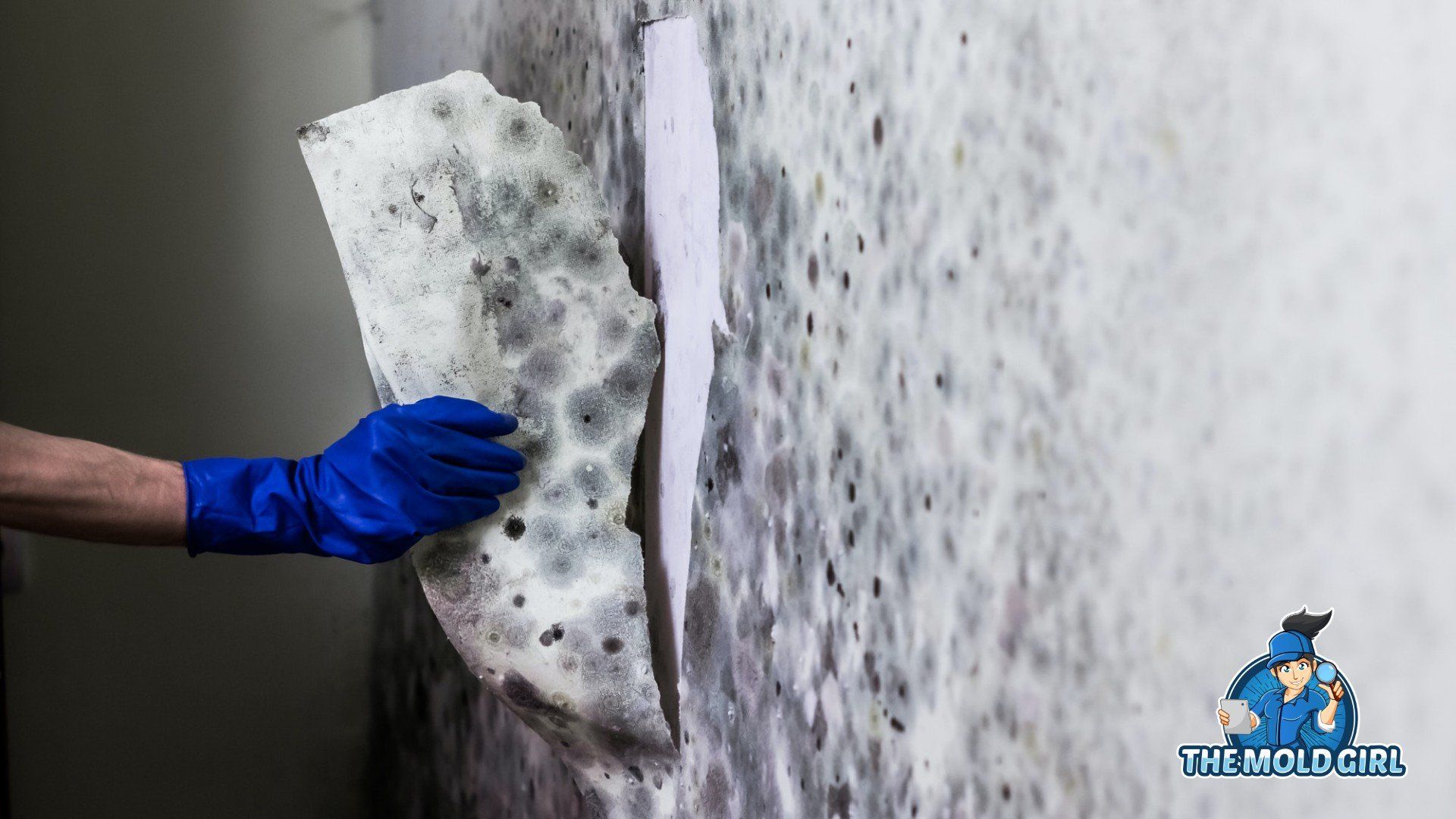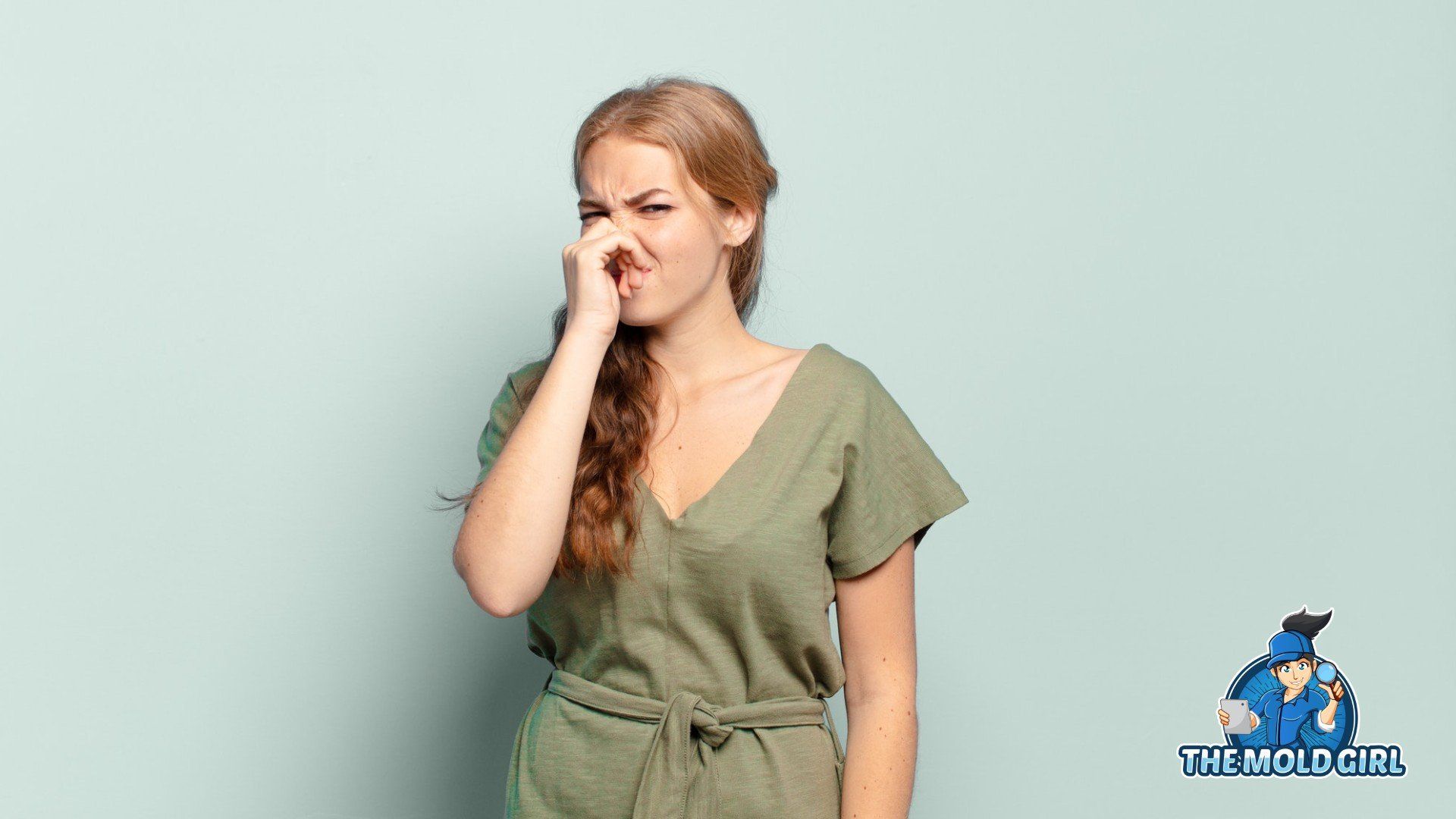Mold Growth In Rentals
So you found Mold Growing in the home or apartment you are renting.
But who is accountable for getting rid of this, tenants or landlords and are they responsible for analyzing mold? The solution is dependent upon also the origin of the issue and also the seriousness of the mold.
It's simple to assume a remediation project could be unnecessary and costly. However, that is sometimes not the situation. A failure to react to a hazardous mold illness could lead to health issues and distress for tenants that are allergic or sensitive to mold. And it might create a lawsuit.
Mold may also lead to damage. So it is most effective for tenants and landlords to speak about any problems associated with mold, and begin with the inspections that are essential.
Common Kinds of Mold in Houses and Rental Properties
Sensitive people can experience distress, aggravated other disorders, headaches, as well as allergies, asthma from the mold when it is discovered.
The two problematic and most frequent kinds of mold are:
Stachybotrys chartarum: If called toxic black mold, this breed grows in moist darkened surroundings, including in basements, moist framing, along with water-damaged drywall.
Aspergillus A household of molds, and it's likely more prevalent than black mold. It develops in nearly all of the very exact areas as Stachybotrys chartarum and may be more harmful, since it is lighter and more readily airborne.
There's not any certainty that both those species are increasing at a mold colony within your house. However, any mold colony growing into a dark region in a home is suspicious, and it is hard to assert that breeds are absent without any evidence. A thorough review is required by testing for mold breeds using a microscope, which is usually not sensible.
Legislation on Mold Remediation
There is no national legislation setting permissible limitations or tolerance criteria on mold in residential buildings. Just six states--Texas, and California, Indiana, Maryland, Virginia, New Jersey --have passed legislation regulating mold levels. Back in Virginia, the legislation specifically requires the landlord to"…keep the premises in such a state as to avoid the accumulation of moisture and the development of mold, and to immediately respond to any notices from a tenant as provided in subdivision."
When mold is not specifically legislated by the majority of states, they do need landlords to divulge circumstances in the time. In addition, they require landlords to fix some conditions which produce a house rewired -- mold is among these ailments.
Some municipalities have
In NYC, landlords need to adhere to this Department of Health air quality recommendations, which addresses mold.
Back in San Francisco, landowners are expected to keep buildings" with no direct hazard and mold," based on a circular released by the Department of Public Health (Word doc).
Who Must Clean This Up?
Any mold caused by escape or plumbing ought to be dealt with by the landlord as a portion of their fix. But if a landlord feels pressured to react to a mold problem brought on by customs that are unsanitary? Likely not.
Landlords are not required also to insist on doing this could constitute an invasion of privacy, and to give cleaning solutions. By way of instance, it could be sensible to expect a tenant to wash a mold colony up in a corner where she or he intentionally throws wet towels.
Between both of these extremes are lots of areas that are grey. Interior drains that clog, As an instance, mold develops. What happens at the drain, but not the drain usually causes A drain. Mold may rise in a crawl area that is ventilated, but the absence of ventilation might be a result of piles of belongings that are stored. Mold can develop as window sills, whether the window allows in moisture and has been drafty.
Below are a few business standards on which retains the duty of mold remediation. However, know that estimate, or every county might translate these scenarios.
- Mold on the ceiling due to leaky roof (landlord)
- Mold seeping through basement walls (landlord)
- Mold caused by leaky pipe (landlord)
- Any mold present at move-in (landlord)
- Surface mold on furniture (tenant)
- Mold on shower tiles or bathtub (tenant)
- Mold on window sills (tenant)
- Mold on drywall where wet towels are typically kept (tenant)
CONTACT THE MOLD GIRL TODAY!
The Mold Girl will do everything we can to ensure your experience with us is excellent.
REQUEST A FREE ESTIMATE
CHECKOUT RECENT POST




